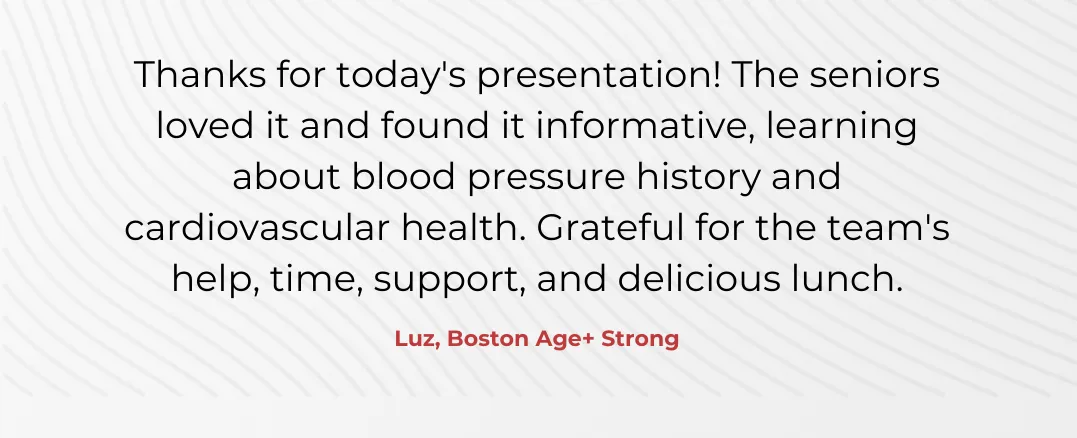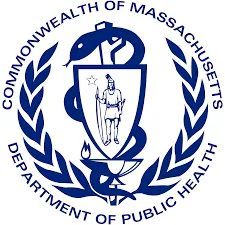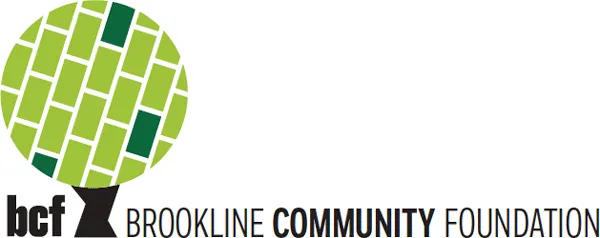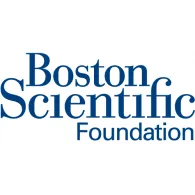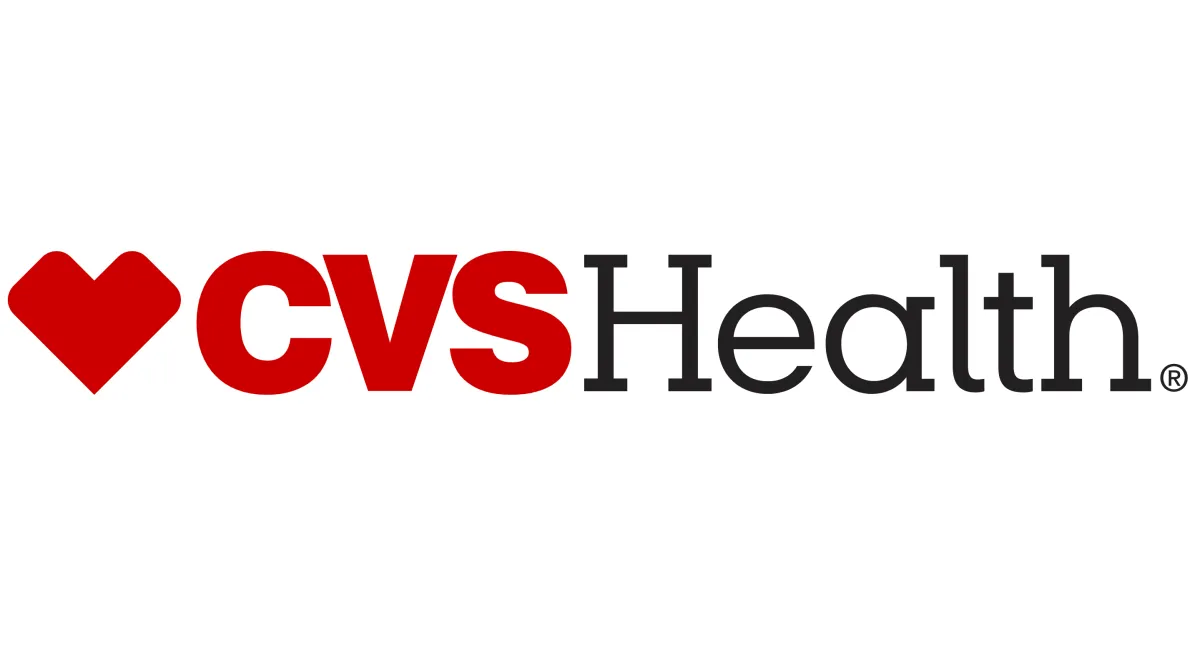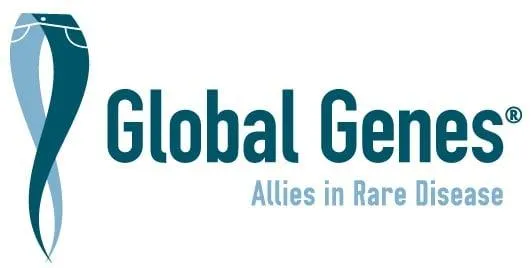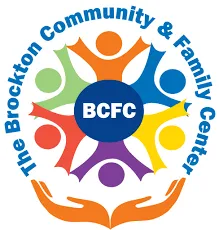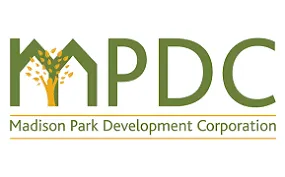About Us
Heart of a Giant Foundation
HGF
About Heart of a Giant Foundation
At Heart of a Giant Foundation, we are committed to reducing the impact of heart disease worldwide. We strive to become the leading partner in detecting, diagnosing, and managing cardiac risk factors. Our multi-level intervention programs empower individuals to take control of their health. Join us now to impact communities affected by heart disease significantly.

Our Vision and Mission
Our vision is clear: to ensure that every individual in the community has access to effective heart health education, superior healthcare assistance, and community resources, enhancing their overall health, quality of life, and the management of their heart conditions and related risk factors. We strive to achieve this vision by:
Our mission is to proactively identify heart-related risk factors in at-risk population groups, provide them with the support and knowledge they need to become self-reliant, and advocate for managing and living with their health conditions.
Raising awareness about risk factors and symptoms of cardiac conditions;
Promoting regular health check-ups, screening, and early diagnosis;
Providing culturally intelligent and responsive services;
Improving patient-provider relationships;
Enabling access to improved care and better health outcomes;
Empowering patients and caregivers, and
Promoting advocacy and self-advocacy.

Some Tough Truths About Heart Disease
Heart disease remains the No. 1 cause of death both in the US and the World, with staggering statistics highlighting the urgency of our mission:
18 million+ lives are lost to heart disease globally each year.
655,000+ deaths occur in the US annually due to heart disease.
495,000+ individuals suffer from high blood pressure-related casualties every year.
Despite these alarming figures, only about 49% of Americans are aware of their heart health status, underscoring the critical need for increased education and awareness.
High blood pressure, also known as hypertension, is a common heart condition that has been identified by the US Centers for Disease Control and Prevention (CDC) as a leading risk factor for heart disease, stroke, kidney disease, and vascular dementia.
According to a recent study conducted by the Boston Public Health Commission, one out of every four adult residents in Boston reported having hypertension. The study also found that the percentage of hypertension was higher for Black (36%) and Latino (27%) adults compared to White adults (20%). Neighborhoods with predominantly Black people, such as Mattapan, Dorchester, or Roxbury, had hypertension rates ranging from 34% to 42%.

More About Us
Eager to learn more about our efforts and impact? Visit our News and Insights Page. It's a space where we share blogs, insights, stories, and project updates. Our blog isn't just about posting articles; it's a platform for engagement. We love interacting with our readers in the comments section, fostering a community of like-minded individuals passionate about advancing the world of heart health.
Join us at Heart of a Giant Foundation as we work with our communities, supporters and partners to turn the tide against heart disease, one heart at a time.
News and Insights
Disclaimer:
The information shared on this page is not intended to replace professional medical advice. Always consult with a healthcare provider for any medical issues.

10 WAYS YOUR DIET CAN HELP YOU MAINTAIN GOOD HEART HEALTH
When it comes to maintaining a healthy heart, diet plays a crucial role. What we eat directly impacts our cardiovascular health, and making smart food choices is essential for anyone looking to improve or maintain their heart health. By understanding the link between diet and heart health, we can make informed decisions about food intake and how to adopt a heart-healthy lifestyle.
1. Emphasize Balance
A balanced diet is the foundation of good heart health. Opt for a variety of nutrient-dense foods, including fruits, vegetables, whole grains, lean proteins, and healthy fats. These foods provide essential vitamins, minerals, fiber, and antioxidants that support cardiovascular health.
2. Choose Heart-Healthy Fats
Replace saturated and trans fats with healthier fats, such as monounsaturated and polyunsaturated fats. Include sources like avocados, nuts, seeds, fatty fish (salmon, mackerel), and olive oil. These fats can help lower bad cholesterol levels (LDL) and reduce the risk of heart disease.


Photo by Foodie Factor
3. Limit Sodium Intake
Excessive sodium consumption can contribute to high blood pressure, which, as we know, is a major risk factor for heart disease. Read food labels and opt for lower-sodium options. Use herbs, spices, and other flavorings to enhance the taste of meals instead of relying on salt.
4. Reduce Added Sugars
High intake of added sugars has been linked to obesity, diabetes, and heart disease. Minimize consumption of sugary beverages, processed snacks, and desserts. Instead, choose naturally sweet and delicious options like fresh fruits.
5. Increase Fiber-Rich Foods
Fiber helps reduce cholesterol levels and maintain a healthy weight. Include whole grains, legumes, fruits, and vegetables in your daily meals to boost fiber intake. These foods can provide a sense of fullness and support overall heart health.
6. Control Portion Sizes
Speaking of fullness, be mindful of portion sizes to avoid overeating. Eating larger portions can lead to weight gain and increase the risk of heart disease. Use smaller plates, practice mindful eating, and listen to your body’s hunger and fullness cues.


Photo by Ella Olsson
7. Limit Processed and Fast Foods
Processed and fast foods tend to be high in unhealthy fats, sodium and added sugars. These can contribute to weight gain, high blood pressure, and other cardiovascular issues. Minimize consumption and choose homemade meals using fresh, whole ingredients whenever possible.
8. Stay Hydrated
Adequate hydration is vital for heart health. Opt for water as your primary beverage choice and limit sugary drinks or excessive caffeine intake. Proper hydration supports overall cardiovascular function and helps maintain optimal blood pressure levels.
9. Moderate Your Alcohol Consumption
If you choose to drink alcohol, do so in moderation. Excessive alcohol consumption can raise blood pressure and contribute to heart disease. Stick to recommended limits: no more than one drink per day for women and up to two drinks daily for men.


Photo by Jane Doan
10. Consult with a Healthcare Professional
Consider consulting with a registered dietitian or healthcare professional for personalized dietary advice and guidance. They can assess your individual needs and help tailor a heart-healthy eating plan that suits your preferences, lifestyle, and medical profile.
Remember, maintaining a healthy heart requires a holistic approach that includes regular physical activity, stress management, and avoiding tobacco use. By incorporating these dietary recommendations and making informed choices, you can take positive steps towards feeling great and optimizing your heart health and your overall well-being.
Testimonials
The Heart of a Giant Foundation, Inc. is a 501(c)(3) nonprofit organization, EIN 84-2900386. Donations are tax-deductible.


